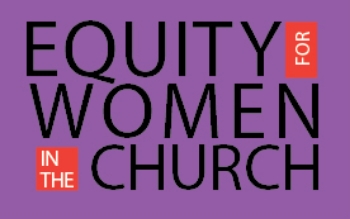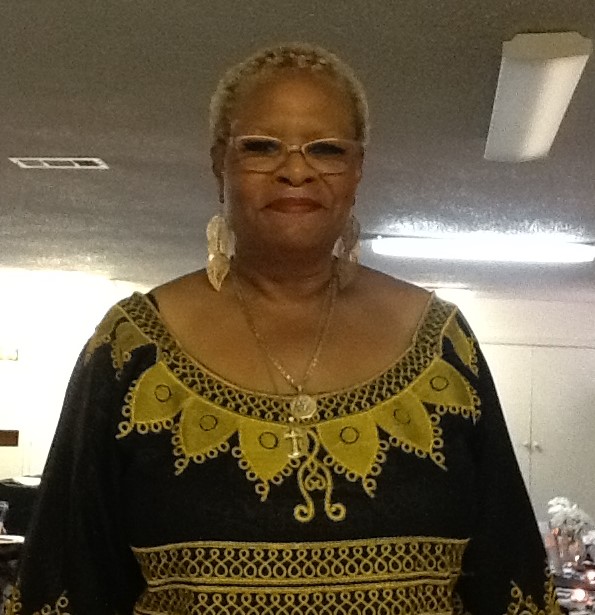Post author Dr. Cynthia R. Cole, M.Div., D. Min., is a pastor and an advocate for the disenfranchised. She is the founder of CC’s Ministries, a 501(c)(3) organization dedicated to meeting the safety and security needs of residents in South Dallas, Texas. She is the Senior Pastor of Metropolitan A.M.E. Church in Dallas, where she has served for over a decade. A former law enforcement professional and hospice chaplain, she is deeply committed to cultivating the healing, wholeness, and empowerment necessary for growth in every facet of human life.
The journey to wholeness and healing has been fraught with many roadblocks. These roadblocks have challenged my physical, mental, and emotional health, and I’ve had to muster the strength to deal with both my mother’s abuse from my stepfather and my own abuse from my former husband. Like my mother, I married and bore a daughter at a very young age. After I was forced at gunpoint to leave my abusive marriage, I found employment and studied to receive my high school diploma equivalency from the North Carolina State Board of Community Colleges. I began a career in law enforcement because I wanted to be able to protect myself and my daughter. After twenty-five years of service, I retired from law enforcement in 1999.
Overcoming the varied manifestations of violence that I have had to confront domestically, professionally, and ecclesiastically, requires a will to fight. I liken my life’s path to that of the character Sophia in Alice Walker’s, The Color Purple. One of the famous lines from the book is, “All my life I’ve had to fight.” Yes, I’ve had to fight, but I draw strength from God and from my personal pain in order to empower women to stand against any form of domestic, professional, and ecclesiastical violence. This is the mission of my ministry.
When I first embraced the call to preach, God showed me clearly that there was a need for a healing ministry for women. This healing ministry would focus on repairing broken family relationships, abuse, and neglect. I was inspired to bring together twenty-five chosen women for a healing, deliverance, and empowerment conference. The initial gathering of women evolved into what was eventually called “The Christmas Delight.” I presented it as an annual event the first weekend of December in 2001. Over the years since, I have received many letters from women who have attended, sharing with me testimonies of how God spoke into their lives through this ministry event. This year, December 16, 2017, we are extending the invitation to include men out of a desire to establish communal wholeness.
As a second means for answering the call to promote healing, I established a non-profit organization in 2004, CC’s Ministries. The mission of CC’s Ministries is to meet the needs of residents living in South Dallas who are disenfranchised and impoverished. I purchased a home in Southern Dallas County with the short-term objective of converting it into a safe house for abused women and children. In pursuing this work, I have discovered that the community also benefits from other basic needs such as food, clothing, and counseling. Since 2004, CC’s Ministries has provided these services to countless families in South Dallas and abroad.
I have chosen to take my life experiences and channel them into meaningful, liberating ministry. I believe firmly in women taking authority and operating in their own agency as empowered persons capable of any task set before them, especially ministry. Again, I have come to these conclusions from my own struggles in leadership. On November 17, 2007, my commitment to fight violence through loving ministry was tested as I was assigned to a congregation, following a retired pastor who had served the local congregation for thirty-three years. The retired minister remained with the congregation as an active member until his death in 2013.
When I first arrived, members of the congregation appeared to be excited to hear a new voice and to experience a new style of preaching. However, conflict soon arose. My authority as pastor was undermined by the antics of the former pastor who was directing members from behind the scenes. He discouraged members from receiving communion from me, suggesting that they would be taking it to their “damnation.” God blessed the ministry despite his efforts to sabotage it. Fourteen new members joined in the first month. These new members needed to be baptized, but the ministerial staff at the church refused to assist me in baptizing them. One of the ministerial staff members blatantly stated that no woman has the authority to speak, lead, or guide a man. Despite his sentiments and without his assistance, I baptized all fourteen new members over the months to follow.
I wish I could say I was surprised, but ministry is not my first experience in a male-oriented field. As previously stated, I worked in law enforcement, and as a result, I was well aware of how women are treated differently from their male colleagues. The difference between my expectations in law enforcement and the church is that I expected Christians to act differently than the members of secular society. Nothing could have prepared me for the harsh way I have been treated over the years by people who say they love God and are seeking to be more Christ-like. It is as though I am competing against men who have identified it as their mission to show me that my place is not beside them but rather beneath them. I am also fighting against women who have internalized sexism and patriarchy. They want to convince me that I am wrong for moving out of the submissive female role.
One scriptural passage that has helped me frame my journey is 2 Timothy 4:7 (NIV), which states, “I have fought the good fight, I have finished the race, I have kept the faith.” Like the Apostle Paul, who penned these words to Timothy before his impending execution, I am determined to stand for what is right even if I stand alone or am ostracized for it. I cannot say that I have attained perfection, but the will to fight urges me on. I pray that others will also be inspired to oppose any form of discrimination that hinders people from expressing their full selves or achieving their full potential in God the Creator.



